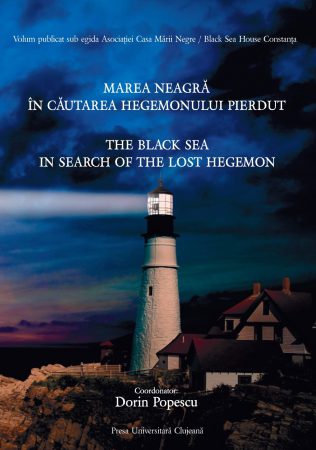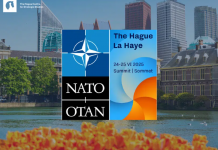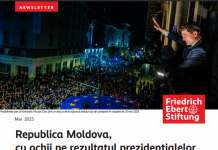The article of expert Natalia Stercul within “The Black Sea: In Search of the Lost Hegemon”, a book that emphasizes the geopolitics of the Black Sea region, discusses the profound impact of Russia’s invasion of Ukraine on the Black Sea region. The invasion has triggered a humanitarian crisis and reshaped the geopolitical landscape, leading to disruptions in energy and agricultural sectors with far-reaching consequences.
Russia’s actions have caused significant turbulence in the Black Sea region, including disruptions in energy supplies and agricultural exports, resulting in global economic instability and food shortages. This has accelerated the global shift towards renewable energy sources and reduced Russia’s influence in the energy market. Moreover, the invasion has led to international organizations witnessing crises, with several countries withdrawing from institutions where Russia held dominance. Western sanctions and global condemnation have weakened Russia’s economic potential and reduced its market access in Europe.
The erosion of trust in Russia and the strengthening of NATO have altered the geopolitical landscape, with NATO increasing its presence and support for Ukraine. NATO’s reassessment has led to the adoption of initiatives to bolster defense and security in the Black Sea region. Furthermore, the resistance of Ukraine against Russian aggression has prompted concerns among neighboring countries, with varying interactions with Moscow. Turkey, a key player in the region, balances cooperation with Russia and its commitment to NATO, as mentioned by the expert.
Moldova, as a neighboring state to Ukraine, faces significant repercussions from the conflict, particularly concerning its energy infrastructure and security. The conflict has prompted Moldova to reassess its national security strategies, recognizing Russia as a potential primary threat. Moldova has aligned itself with European sanctions against Russia and terminated various agreements with Russia and within the Commonwealth of Independent States (CIS). These actions reflect Moldova’s commitment to supporting Ukraine and signal a reevaluation of its diplomatic ties.
Despite efforts towards EU accession, Moldova remains susceptible to Russian influence, evident in its domestic affairs and electoral processes. Moldova has intensified collaboration with NATO to strengthen its defense sector and counter Russia’s hybrid warfare tactics. Moldova’s engagement in Black Sea initiatives underscores its pro-European orientation and commitment to regional security. Joint agreements with Romania and Ukraine aim to enhance security in the Black Sea region, countering threats from Russia.
Expert outlines three scenarios for the future security landscape of the Black Sea region:
- Triumph of Ukrainian resilience: Ukraine successfully counters Russian aggression, joins NATO, and bolsters regional stability.
- Kremlin’s geopolitical Triumph: Russia achieves dominance in the Black Sea region, posing challenges to countries like Moldova and Georgia.
- Conflict freeze or prolonged stalemate: The conflict remains unresolved, maintaining regional instability, and posing challenges to Black Sea security.
Ensuring stability in the Black Sea region emerges as a paramount challenge, with the involvement of the United States seen as imperative for the region’s geopolitical future.







